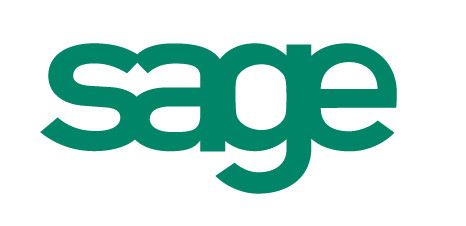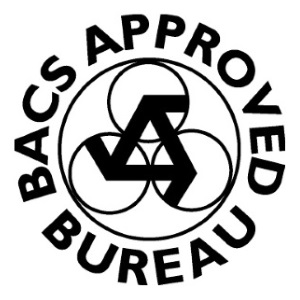Company Voluntary Arrangements
With stories of struggling retailers dominating the news, we look at a common route for insolvent businesses: CVAs, or Company Voluntary Arrangements.
The CVA was originally designed as a ‘consensual restructuring vehicle’ that had none of the stigma of administration. Under a CVA, the directors of a struggling company would retain control of the business throughout the restructuring, rather than the company’s affairs being placed in the hands of an Administrator.
Although a CVA might be a popular choice for a company’s directors, it must be approved by 75% of the firm’s creditors (including 50% unconnected creditors) before it can be put into place. Disadvantages from the creditors’ point of view include a perceived lack of oversight and transparency in a CVA’s construction and implementation.
Needless to say, Company Voluntary Arrangements are not popular with landlords, for whom it represents a choice between having empty retail units and lowering rents. There has recently been a negative focus on retail lease liabilities, causing solvent companies such as Next Retail to call for a ‘CVA clause’ in rental agreements which would see their rent reduced to the same level as their struggling competitor under a CVA.
An independent Administrator can advise on methods of restructuring and debt reduction strategies such as debt for equity swaps or Schemes of Arrangement. A CVA may be a good short term solution for a company but the directors must address structural weaknesses to secure the long term future of the business.
Vincent Simmons, Director, BV Corporate Recovery & Insolvency
The purpose and perceived benefits of a CVA should be set out and tested before any decision is made and this process should be as transparent as possible. One suggestion has been to employ a third-party Insolvency Practitioner to review and critique any proposal.
CVAs should not be seen as a ‘one size fits all’ product; they should be flexible and bespoke in order to receive support from creditors.
Vincent Simmons
A CVA can only be obtained through an insolvency practitioner, who will assist with the arrangement details to be voted on by the company’s creditors. Speak to one of our insolvency experts on 0161 476 9000 or contact us here.












